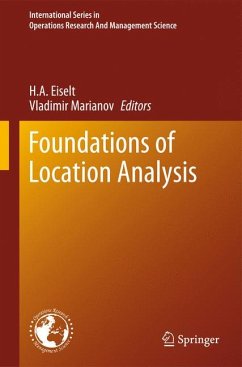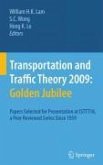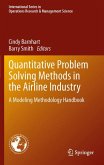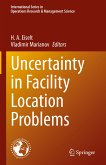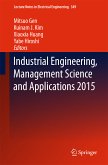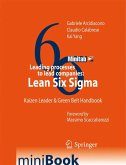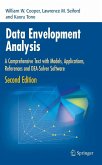Dieser Download kann aus rechtlichen Gründen nur mit Rechnungsadresse in A, B, BG, CY, CZ, D, DK, EW, E, FIN, F, GR, HR, H, IRL, I, LT, L, LR, M, NL, PL, P, R, S, SLO, SK ausgeliefert werden.
"The volume ... may find a great number of potential readers. ... one group may be those who would like to get (more) familiar with the original papers of the ancestors of location theory and their impact on current research; this is precisely the readership that the editors primarily have in mind ... . To sum up, I consider Eiselt's and Marianov's volume to be an outstanding one as it organizes the vast amount of literature concerning location analysis in an excellent way ... ." (Gert W. Wolf, International Journals of Geographical Information Science, Vol. 26 (3), March, 2012)
"A book that investigates and discusses the origins of location analysis and the papers that have shaped this field seems a laudable idea to me. The editors of foundations of Location Analysis ... discuss such papers and their influence on later research. ... Without hesitation, I recommend this book to all location theory researchers. PhD researchers will find it useful for understanding the origins of our field. Established researchers should be interested in its collection of the seminal works that shaped location theory." (Gabor Nagy, Interfaces, Vol. 42 (4), July-August, 2012)
"This title is potentially a mouth-watering one for the regional science community: location analysis is at the heart of what we do, and we are promised a review of the key original contributions to the field. ... The book is a considerable achievement by the editors and the authors and will serve as a major reference work for this approach to location analysis." (Alan Wilson, Journal of Regional Science, February, 2013)

